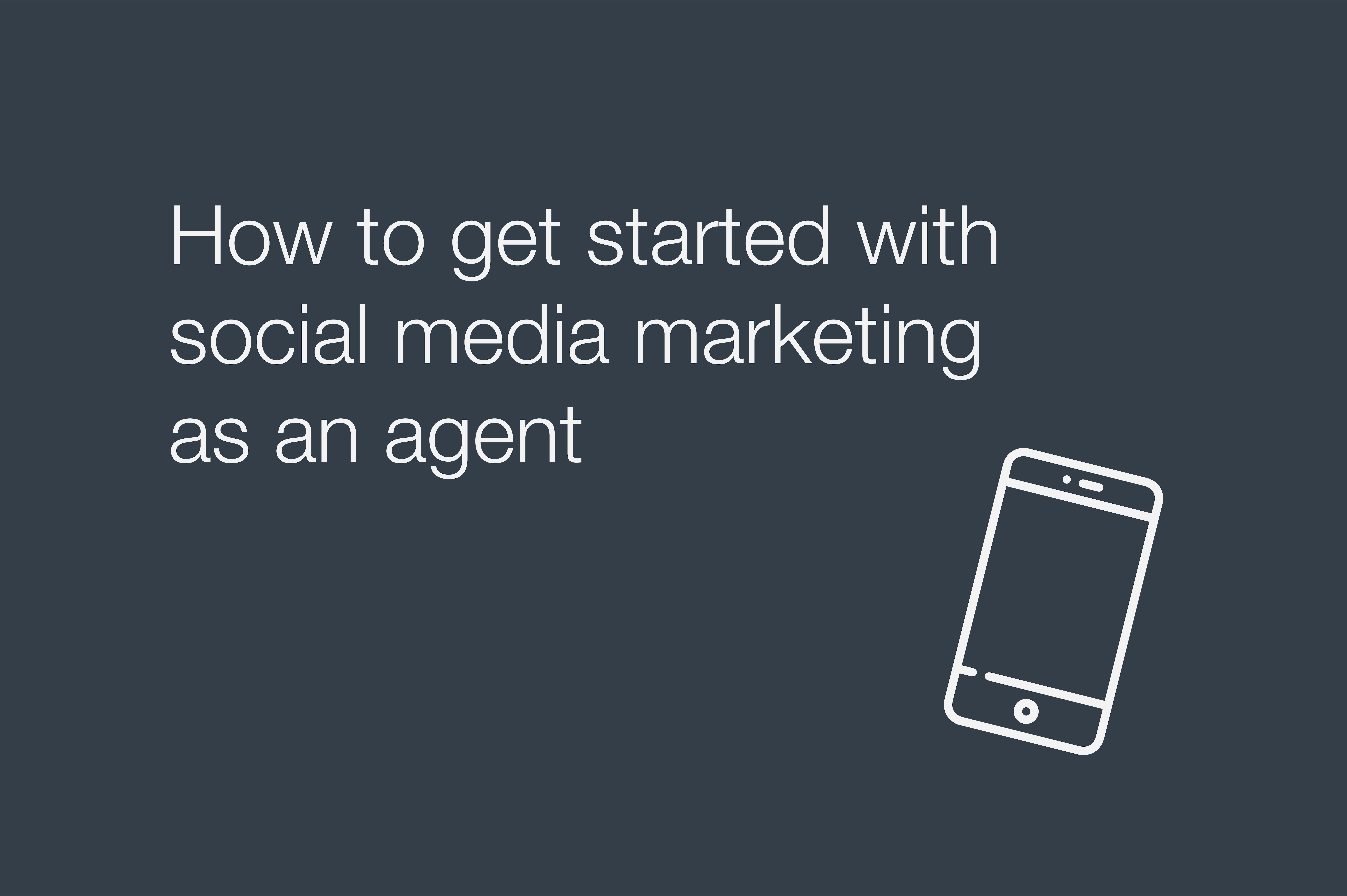This article originally appeared on Inman.com
As real estate agents we know we should be creating and leveraging an online presence, but why is it so hard? As Head of Agent Development at Luxury Living Chicago, I work with residential real estate agents to help them feel more comfortable putting themselves out there — especially on social media.
The first step is to take the plunge and start posting. Actively posting helps you get beyond the hurdle of perfection. No matter what parameters you decide ahead of time, your personality will come through, and by doing this, you can figure out your niche and create an authentic narrative.
I recommend starting small to keep the stakes low and understand that your skills and confidence will improve over time. Even the most influential people on social media started where you are now.
Don’t try to grow a huge following overnight. You’ll miss an opportunity to define your target and curate content that resounds with the individuals you want to work with. It takes a little bit of bravery, but go ahead and put things out there.
Just do it
Whether you have an existing page and you’re trying to define its niche, or you’re just starting out, be prepared to learn and adapt. The best way to do that is to start posting. Everyone has this idea in their head that everything has to be perfect before starting when really the key is to start doing.
Struggling to start? Decide what you want your audience to take away from your account.
Are you funny? Punctual? A connector? Fashionable? Lean into those traits that make you unique. It will help you break away from cookie-cutter content. Pick a theme, and build out ideas that elaborate on it.
Set social media boundaries
Be patient as your audience grows, and understand that a wider reach means that people will be interested in more aspects of your personal life — not just your business. Social media is most successful when the connection is at the forefront and the sale remains subtle. Keep yourself comfortable, and think through ahead of time what you are and are not comfortable with sharing.
I also recommend that you keep your content in neutral territory. You don’t want to alienate potential clients by expressing extreme opinions.
Strive for authenticity and consistency
It’s a good idea to gather content ahead of time to get professional-looking shots until you create the habit of capturing photos and videos. To get comfortable, enlist the help of a friend for staged photos.
These can include a tour, signing contracts, exchanging keys and more. You are likely to photograph more genuinely with someone you know and are close to rather than a stranger.
Once you have a working archive on hand, post often and regularly. Consistency is important across all platforms, which can take a toll on your schedule. Luckily, there are plenty of systems that will post for you.
Curate your posts ahead of time, so that you can set them and forget them as you’re getting started. (As you build an audience, you will spend more time engaging with it.) This will take the day-to-day pressure off of social media.
Remember, consistency over perfection. Perfection is a roadblock. Don’t wait to make things perfect.
Start posting, have fun, and see what works. Ruminating will only hold you back. Improvements happen over time with feedback, analysis and reflection.
Social media and Instagram, especially, have an aura of “highlight reels,” but that trend is shifting. As the value of authenticity increases, more content is resonating with raw moments.
Don’t be afraid to share when you’re experiencing something uncomfortable or if you’re nervous. Exposing those moments will make you relatable, and people will connect more with the real you versus the curated, always photo-ready person because it doesn’t read as authentic to the viewer.
Also, keep in mind that the real estate business is a very visual environment and your followers want to see what you see and they love to see you having fun.
Evaluate and repeat what’s working
Early on, get comfortable with requesting feedback from your initial followers, and be prepared and open to varying opinions and ideas. Some things will stick, and others will miss the mark.
Once you have gained more information from your posts, dive into the analytics. In addition to likes and comments, look for patterns in time, topics and hashtags.
Most importantly, and likely the most tricky, what subject matter is driving leads? Are you getting messages from new people after certain topics in your stories? Are any of your posts being shared on other accounts, leading to additional followers? These are indicators of the content driving leads.
Your audience may see your posts and feel like they don’t need to interact. Remember that no feedback is feedback. If no one is liking, commenting or engaging, it’s time to try something new. Regularly evaluate past posts, and analyze how they are resonating.
Social media is a two-way street. It’s one of the rare forms of marketing that is conversational and not just a sounding board, so you have to be active with accounts, clients and people that are taking the time to engage with you. Make sure you are also liking, commenting and engaging with your followers.
Storytelling is here to stay
Immerse your audience in the story of your clients. They’ll resonate with what it’s like to buy or sell a home and enjoy the insight if they haven’t experienced the process yet.
Share details on what it’s like to be an agent and the nuances of working in your market. Step out of your real estate agent shoes, and try to recognize the details that they wouldn’t normally see.
When initiating a narrative, be thoughtful about what you want your audience to take away from your content. This will ensure that your story is focused.
There is a lot to celebrate in real estate, so think about what makes you feel successful and share it. Celebratory posts are a great way to show gratitude for your clients and make them feel special. Some clients will even feel like your posts give them permission to celebrate and share the big news.
Finally, don’t be afraid to experiment with new settings and always stay up to date with trends. You can alleviate the pressure of on-demand or live posting by practicing, recording and watching yourself before posting. This will ensure that the “take” is polished. With more experience, you’ll get comfortable without using dry runs.
Above all else, be yourself to connect with your audience on a personal level. Social media is a social tool. Get started, engage, learn, tweak and lean into your strengths.
If you take anything away from this article, it’s that perfection is a roadblock. I see many agents spinning their wheels and trying to create the “perfect” feed — before they post anything at all. Start posting!
Christine Carr is the head of agent development Luxury Living Chicago Realty. Connect with her on Instagram and LinkedIn.






